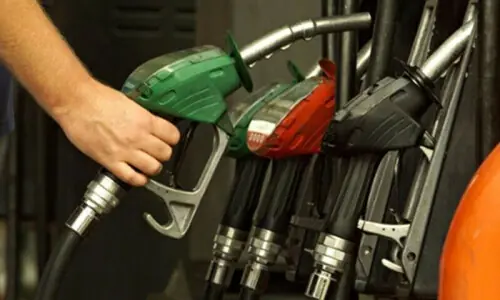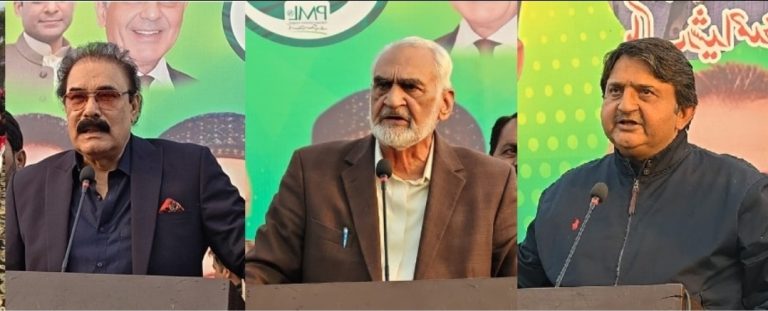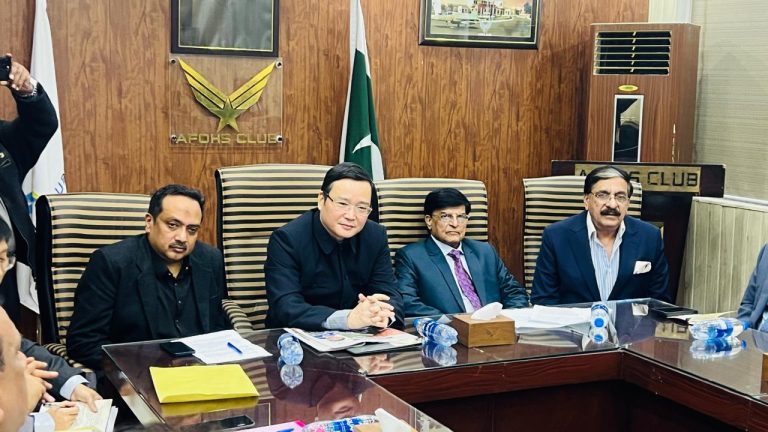
By Commerce Reporter
LAHORE, October 1 – Uzbekistan’s Ambassador to Pakistan, Mr. Alisher Tukhtaev, has said that Pakistan and Uzbekistan have immense potential to expand bilateral trade, especially in the textile sector, and emphasized the urgent need to strengthen joint ventures, banking channels, and trade facilitation between the two countries.

Read also: US ambassador and APTMA discuss ways to foster bilateral trade
During his visit to the All Pakistan Textile Mills Association (APTMA), the envoy highlighted that cheap energy prices and abundant cotton availability in Uzbekistan offered Pakistani textile groups an exceptional opportunity for investment and trade. He urged Pakistani companies to focus on high-value products in demand in Uzbekistan.
Welcoming the ambassador, APTMA Chairman Kamran Arshad, Zonal Chairman Asad Shafi, Senior Vice Chairman Kh. Mohammad Anees, Secretary General Raza Baqir, and other senior members stressed the importance of removing barriers in bilateral trade.
Mr. Tukhtaev revealed that both countries had already signed multiple agreements, including a Preferential Trade Agreement (PTA), and were finalizing banking cooperation between the State Bank of Pakistan and Uzbek banks. He also announced that Uzbekistan Trade Centers had been opened in Karachi and Lahore, with a new one planned for Islamabad, while direct flights had reduced travel time to just 90 minutes.
He said trilateral transit trade negotiations between Pakistan, Afghanistan, and Uzbekistan were at an advanced stage and would significantly accelerate trade flow once finalized.
The ambassador further called for Pakistani trade delegations to visit Uzbekistan, participate in textile exhibitions, and explore joint venture opportunities.
APTMA Chairman Kamran Arshad identified key hurdles, including the absence of formal banking channels, difficulties with Letters of Credit, language barriers, and delays in signing a Free Trade Agreement (FTA) and the Trans-Afghan Railway. He emphasized that an early FTA, improved banking systems, and frequent delegation exchanges were essential to unlock the true trade potential.
Zonal Chairman Asad Shafi added that despite strong historical ties, bilateral trade volume remained only $125 million, mostly in Pakistan’s favor, and called for Uzbekistan’s support in achieving Pakistan’s ambitious $50 billion textile export target.







